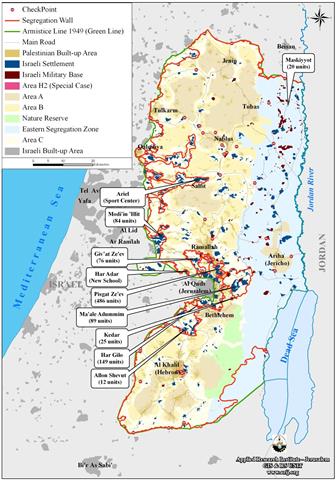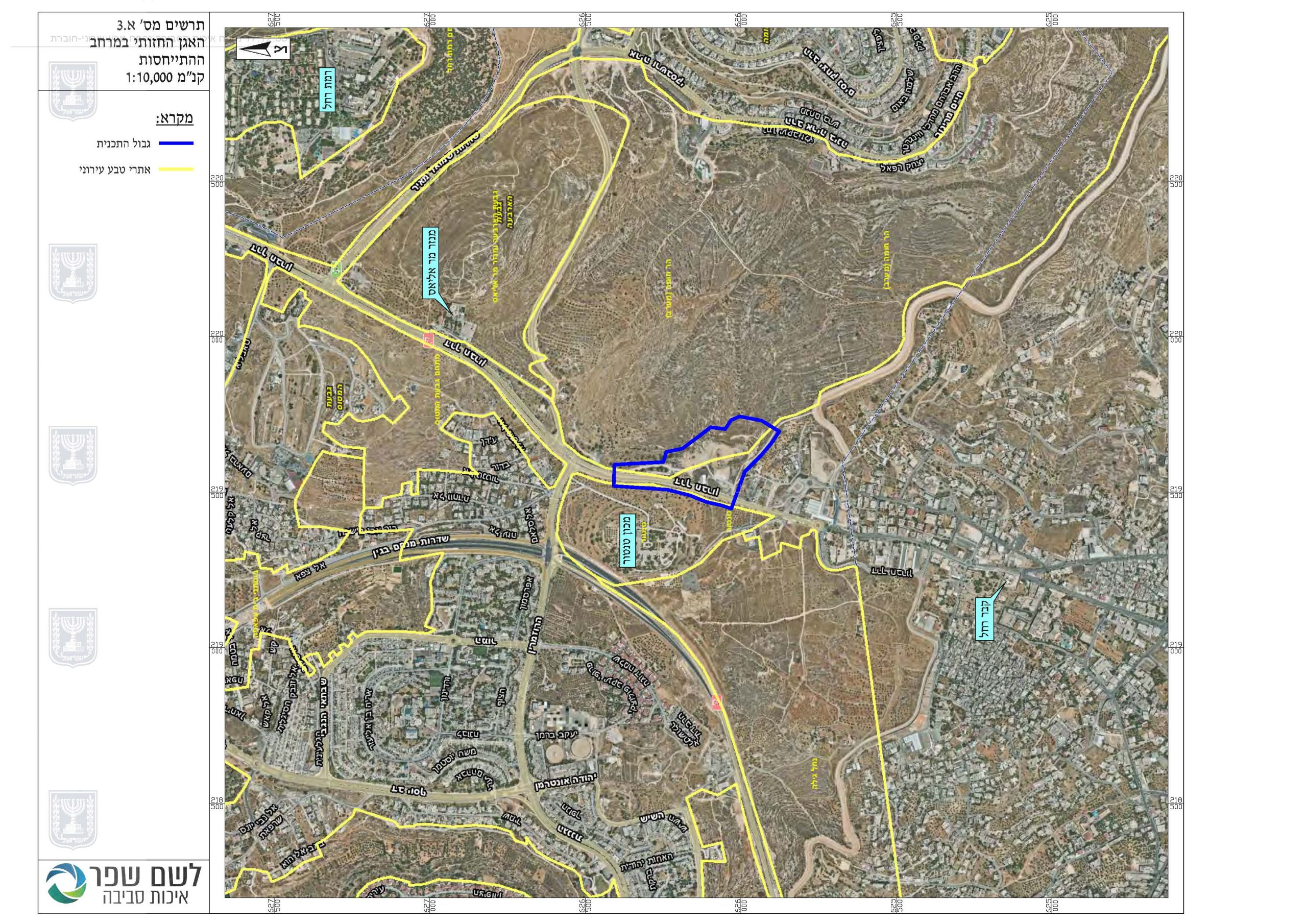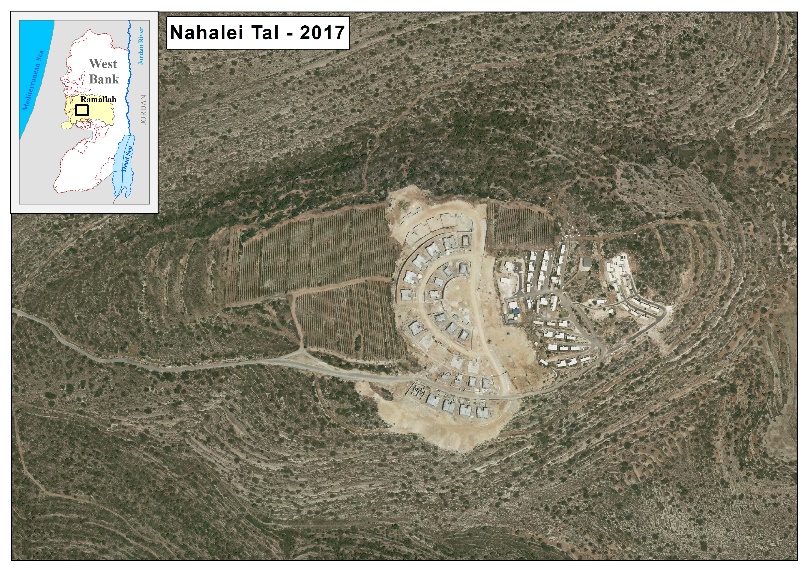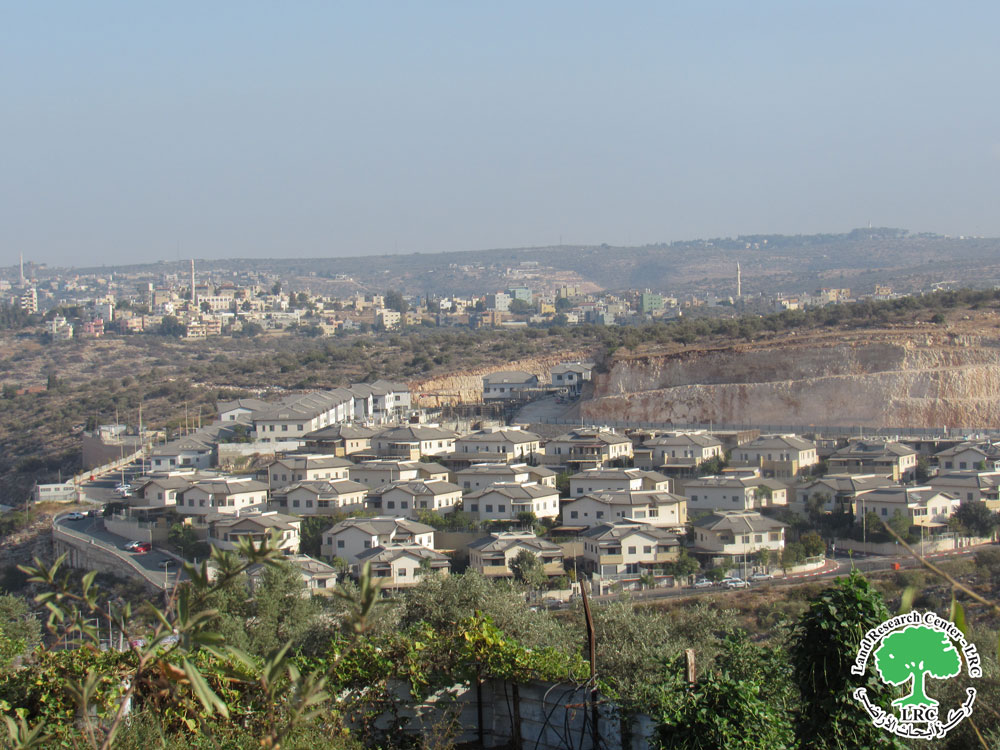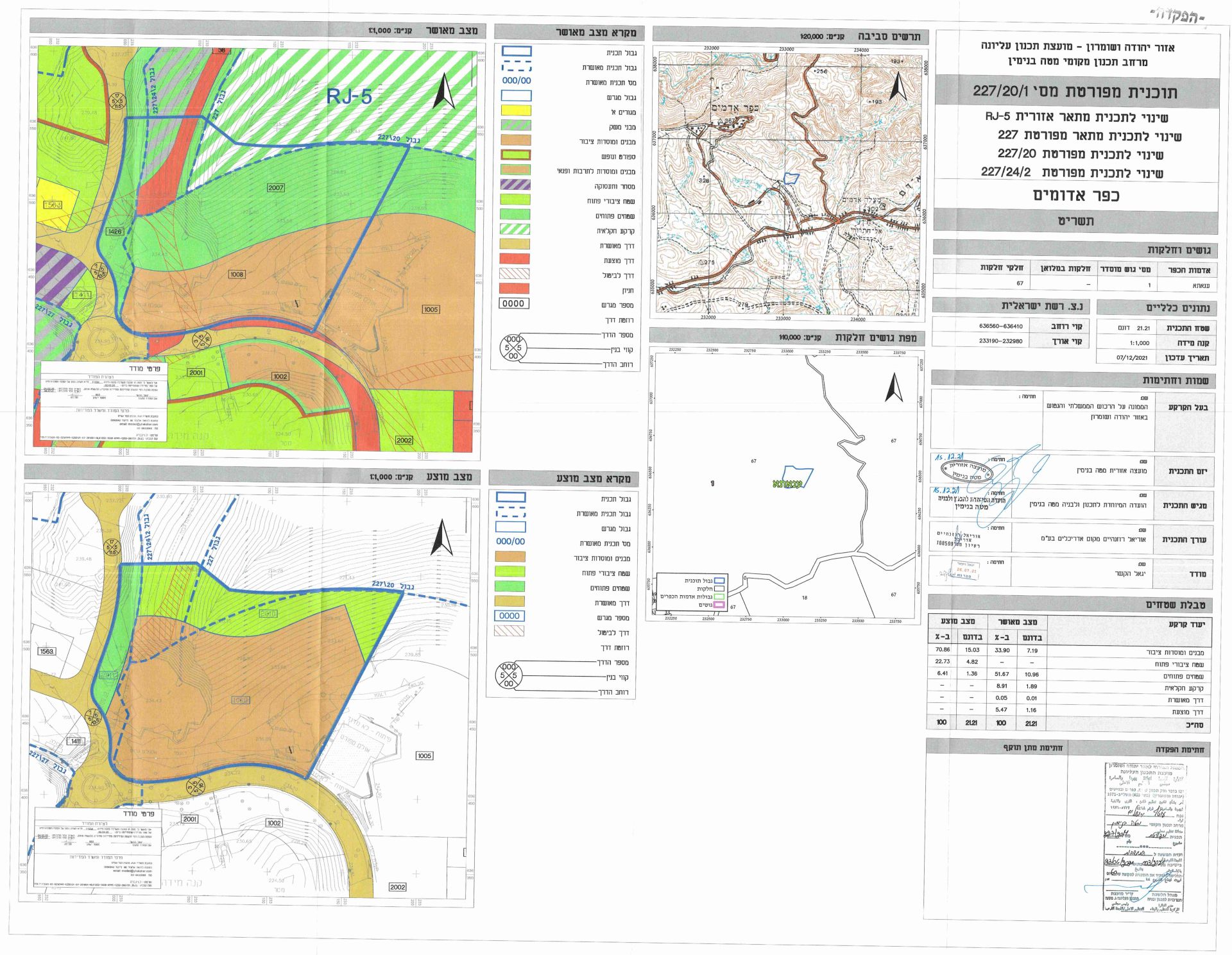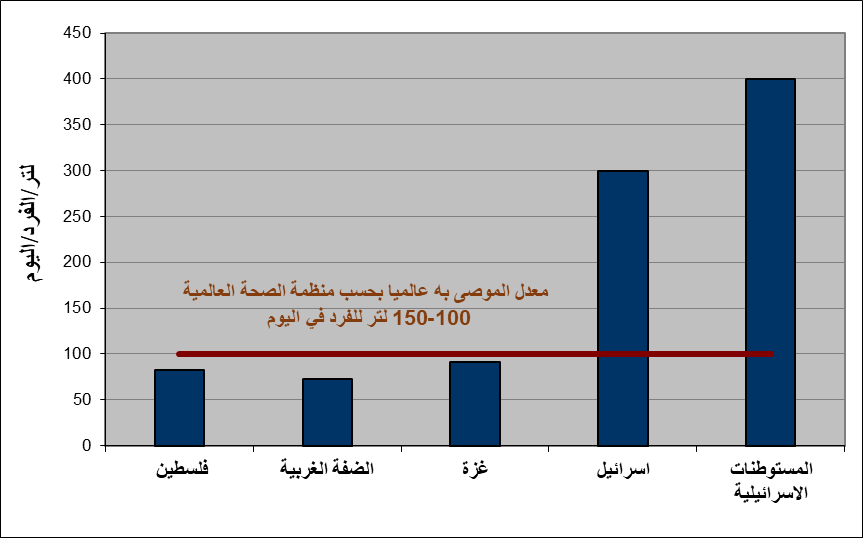On September 6th, the Israeli Defense Minister Ehud Barak approved the construction of 455 new housing units in several of the West Bank illegal settlements. In addition he also gave approval for the construction of a sports park in Ariel settlement and for a new school in Har Adar settlement. These new units are to be added to the 2,500 housing units being built in the settlements at present, most of them in Modi'in Illit, Betar Illit, Ma'aleh Adumim and Givat Ze'ev. Three of the settlements just mentioned also find themselves on Barak approval list. See Table 1
| Table 1: Newly approved Housing Units in Israeli Settlements in the Occupied West Bank | |
| Number of approved Housing units | Settlement |
| 149 | Har Gilo, south of Jerusalem |
| 89 | Ma'aleh Adumim |
| 84 | Modi'in Illit |
| 76 | Givat Ze'ev |
| 25 | Kedar, near Ma'aleh Adumim |
| 20 | Maskiot, Jordan valley |
| 12 | Alon Shvut |
| 455 | Total |
The Israeli Antagonism
The Israeli Prime Minister's Office immediately tried to downplay the approval, saying this had been the first such approval for new construction in the settlements since November 2008. On the other hand data from the Statistical Bureau of Statistics shows a continuing growth trend of housing units in the settlements. Altogether, some 7,015 housing units were built in the West Bank settlements between 2005 and 2008. On average this means 1,771 units a year. With the actual approval the number of new housing units will further increase, but, in contrast to past years, with another tactic: Instead of construction permits being given gradually throughout the year, the Israeli government now issues hundreds of permits within few days. Either way the result is the same.
What pushed the Israeli government for these new units expansion and approval is the pressure for the settlement moratorium, for which the US administration has sent envoy George Mitchell in order to negotiate. It is obvious that Israel makes effort not only to complicate the situation but also hinder any true impartial diplomatic process. However, the Israeli Defense Minister Ehud Barak approval for the 455 new housing units in the settlements, was just a consequence of what was already in motion, since many of the approved units had already went in construction process. Table 2 gives an overview.
Table 2: Already constructed or already approved units
| Construction and approval status | Settlement Name |
| The Olmert government already approved 149 housing units in 2008. Work has already begun. | Har Gilo – Southwest of Jerusalem |
| A construction permit for 17 units was given in 2007, which were never built. Now, with the approval of 25 more units it is worthwhile to lay infrastructure. So altogether 42 new housing units will be built. | Kedar – East of Jerusalem |
| Construction approvals for 330 units were given in 2008 by the Olmert government. 250 were actually built. There would have been no need to permit another 76 units. | Agan Ha'ayalat in Giv'at Ze'ev – North of Jerusalem |
| 20 units, already approved in July 2008, have been approved again now and are under construction since last year. | Masskiyot – East of Tubas |
The ongoing consolidation and expansion in the West Bank settlements is in no way an evidence of Israeli willingness to freeze new construction, in contrast, it lays the fundament of future dispute. “Israel’s decision to approve the construction of over 450 new settlement units nullifies any affect that a settlement freeze, when and if announced, will have. It further undermines faith in the peace process, and puts any skepticism that Israel is not really interested to make peace with the Palestinian to a rest. It is in every way frustrating for the international community and especially for the Palestinians seeing Israel continues with its land grab policy and illegal construction, which undermines efforts on the ground to realize the future Palestinian state. In addition, as UN Secretary-General Ban Ki-moon points out, it is an illegal action. 'Such actions and all settlement activity are contrary to international law and the Road Map', he said.
It has to be considered that even if a so called 'freeze' of settlement construction plans would be realized, settlements would still grow, because building processes started in the past would be finished anyway. In numbers: While an average household in the settlements consists of 4.46 people according to the Central Bureau of Statistics, than the new approved plans in addition to the 2,500 units which is the number of actual illegal Israeli housing units currently undergoing construction process in settlements will cause an increase of the illegal settlers' population by nearly 14,000.
As if it wouldn't be enough
Just a few days after the announcement of the approval of 455 housing units and the construction of a sports park in Ariel and a plan for a new school in Har Adar, the Israel Lands Administration published additional tenders for the construction of 486 apartments in the illegal settlement so-called by the Israelis 'neighborhood' of Pisgat Ze'ev in East Jerusalem. By doing so Israel is producing further discredit, revealing the deep cleavage between propositions and announcing. Daniel Seidemann, of Ir Amim, a non-profit Israeli organization, said this would be another example of a fraud that leads to creating facts on the ground even though there is talk of a freeze in settlement construction. Under these circumstances efforts for peace have hardly a chance, unless the international community enhances diplomatic pressure on Israel.
Prepared by:
The Applied Research Institute – Jerusalem


